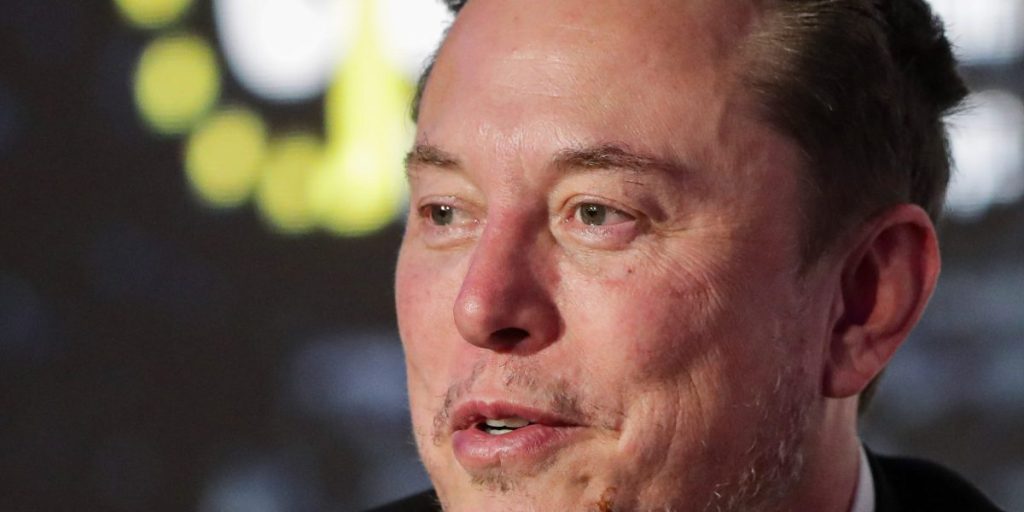
In California, where there are Teslas as far as the eye can see and fast-charging stations galore, new drivers are turning away from Elon Musk’s $605 billion automotive universe.
Among the top three passenger cars sold in California in the first quarter of this year, Elon Musk’s Tesla Model 3 fell from first place to third, behind the Toyota Camry and Honda Civic, according to the company. California New Car Dealers Association First Quarter Forecast on Monday. Toyota was the leading brand in California this quarter, recording a 9.3% increase in registrations, followed by Honda, which saw an 18.6% increase this year. Tesla registrations in California fell 7.8% year-to-date in the first quarter after falling 9.8% in the final quarter of 2023.
California accounts for 32.5% of U.S. battery-electric vehicle registrations, and Tesla’s sluggish popularity among new car owners comes at a particularly vulnerable time for Tesla as a company and for its CEO. Musk faces significant pressure from investors who want him to adopt the norms of a more traditional CEO, step away from his larger-than-life social media presence and provide a more concrete timeline for producing Tesla at an affordable price. Last week, the company reported that revenue fell 9%, its biggest drop since 2012, and net income fell as much as 55% in the first quarter. Three of its top executives, including well-known insider Drew Baglino, resigned within two weeks, further alarming investors.
“Californians’ love affair with electric vehicle giant Tesla may have reached its peak,” CNCDA said in a statement Monday. The group tracks trends in the California new car market using data from Experian Automotive. CNCDA represents California-based franchised dealers of new cars and trucks.
“The numbers don’t lie,” said Brian Maas, president of the CNCDA. “They indicate that the incredible growth Tesla has had over the years has now stopped, or certainly slowed, in the latest report.”
The group found that battery electric vehicle market share fell from 21.5% in 2023 to 20.9% in the first quarter. The slowdown in sales is difficult to explain, Maas said, but it could be due to Tesla’s price relative to other vehicles, problems with charging infrastructure, or the fact that buyers who wanted to own a Tesla have already purchased a car.
“Appealing to the mass market is the challenge Tesla faces,” Maas said. “Other dealers have a wider range of very competitive vehicles, so Tesla doesn’t have its own EV space like it did a few years ago.”
Another factor that could be contributing to Tesla’s sales slowdown is Musk himself. According to Reuters, Market research firm Caliber found that consumer interest in Tesla dropped from 70% in November 2021 to just 31% in February 2024, due in part to Musk’s apparent embrace of right-wing conspiracy theories and other polarizing political views. In California, where 47% of registered voters are Democrats. Compared to 24% of Republicans, Musk’s antics may be especially unappealing.
Of course, this is just the first sign that Tesla’s popularity is declining. Tesla is still the top electric vehicle seller in California, with the Model Y, Model 3 and Model X ahead of the Chevy Bolt and Volkswagen ID.4, but battery electric vehicle market share fell 6.4% in the first quarter. Mercedes and BMW posted the biggest sales gains among battery electric vehicles in the first quarter, with Mercedes up 3% and BMW up 2.4%.


